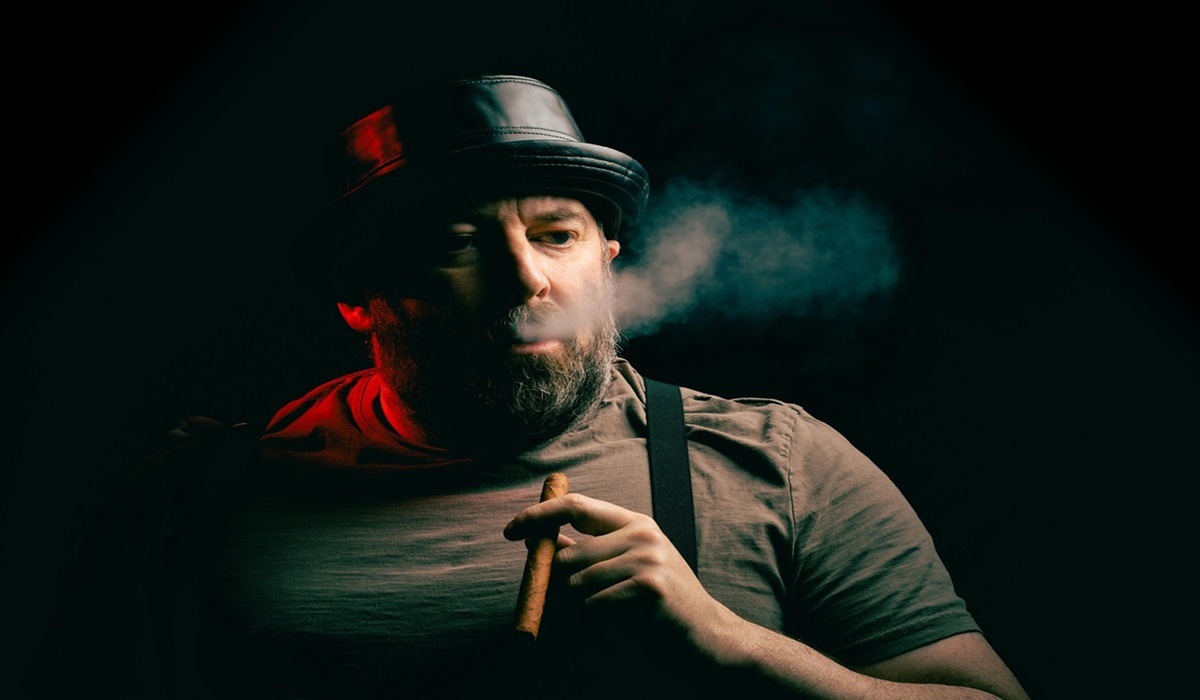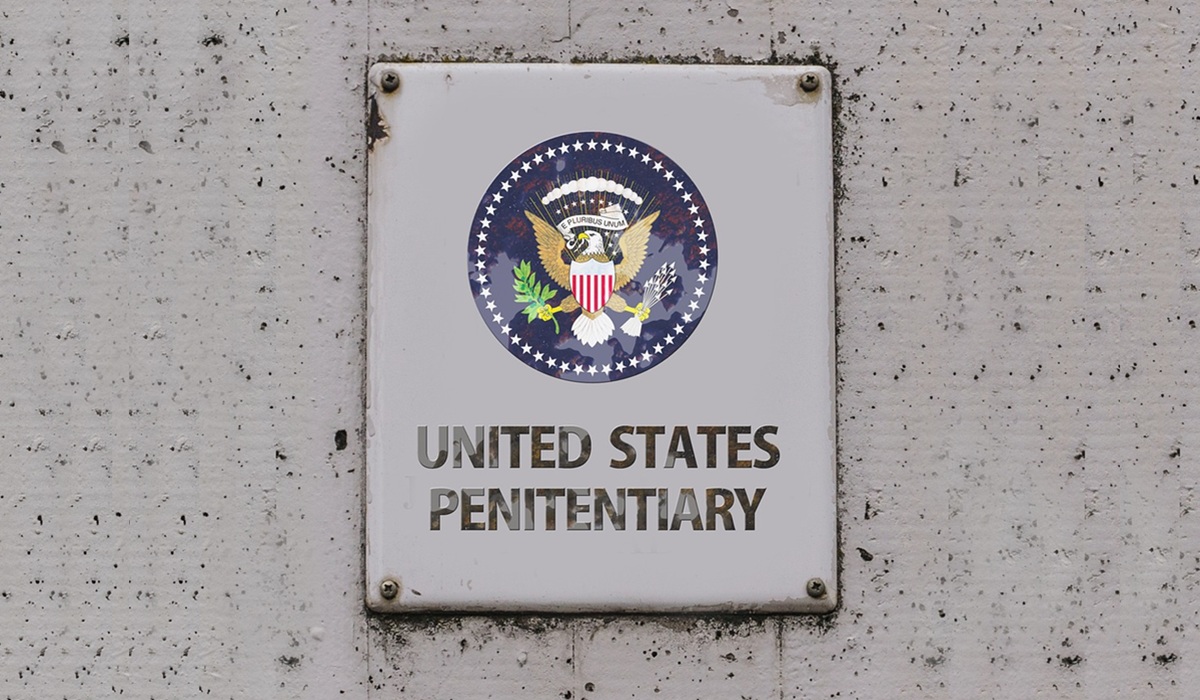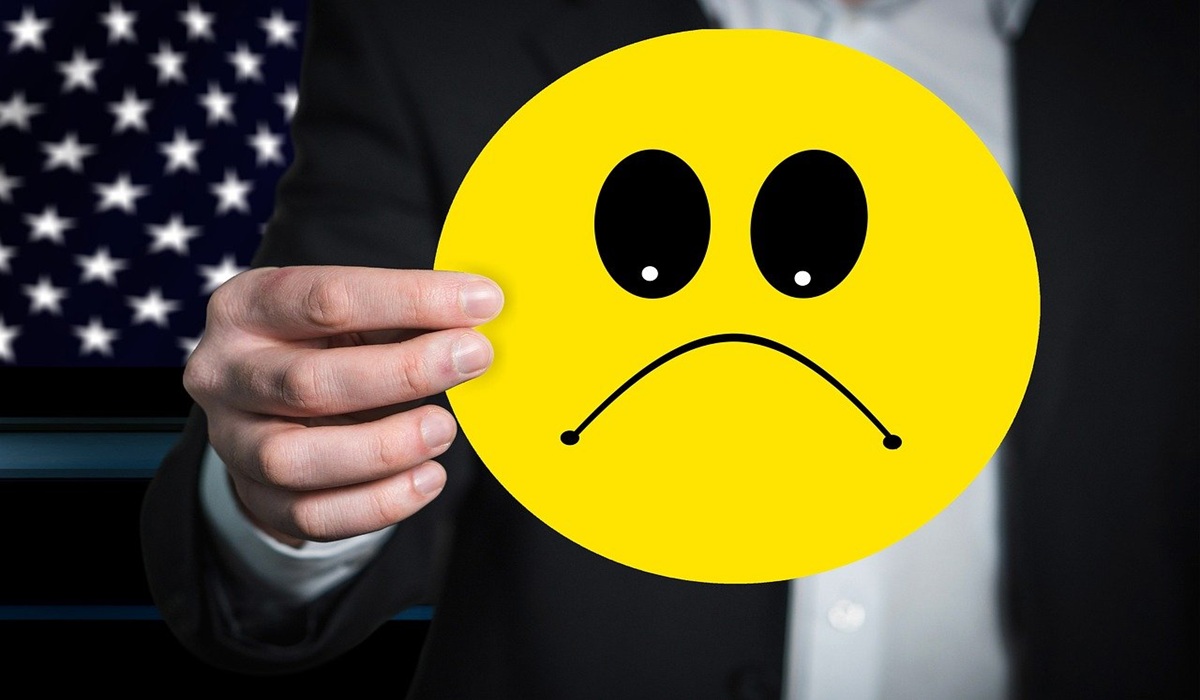The Cigarmic Effect: How a Little-Known Phenomenon Sheds Light on Donald Trump’s Connections in the Epstein Files
- TDS News
- U.S.A
- July 25, 2025

In recent years, many conspiracy theories have collided with cold, hard truths, reshaping the way we perceive those in power. One such term that has emerged from the internet underworld into mainstream conversation is the “Cigarmic Effect” — a coined phrase describing the phenomenon where fringe rumors, initially dismissed and ridiculed, eventually prove to contain troubling elements of truth. Named after a seemingly random convergence of cigar smoke, hidden microphones, and political scandal, the Cigarmic Effect symbolizes a broader cultural realization: the things we mock or disbelieve today often become the headlines we can’t escape tomorrow.
The term was first coined around 2018 on alternative media forums such as Reddit and 4chan, often sarcastically, when discussing salacious or sensational topics with seemingly no proof. It later evolved into a shorthand for events that the mainstream either ignored or debunked — only for documents, footage, or testimony to later confirm aspects of the original “conspiracy.” The “cigar” symbolizes both the clandestine settings of elite meetings — smoky rooms, private jets, back rooms of power — and is a subtle nod to past scandals like Monica Lewinsky and Bill Clinton, where a cigar literally became a piece of evidence. The “mic” stands for unexpected surveillance, leaks, or the unintentional capture of compromising information. Together, they represent a world where elite secrets don’t stay buried, and where even the most absurd-seeming rumors may hold a sliver of terrifying truth.
The Cigarmic Effect is particularly relevant when considering the long, complex relationship between Donald Trump and Jeffrey Epstein. Though Trump has consistently denied any meaningful connection to the now-deceased financier and convicted sex offender, the Epstein files — an ongoing trove of court documents, testimonies, flight logs, and sealed depositions — have made the former president’s denials increasingly difficult to reconcile with the facts.
Donald Trump and Jeffrey Epstein first crossed paths in the 1980s and 1990s, primarily within New York’s socialite and real estate circles. By the early 2000s, Trump had described Epstein as a “terrific guy” in a now-infamous 2002 quote to New York Magazine, stating, “He’s a lot of fun to be with. It is even said that he likes beautiful women as much as I do, and many of them are on the younger side.” This quote, once dismissed as harmless billionaire banter, has taken on sinister implications in the years since Epstein’s arrest and subsequent death in jail under suspicious circumstances in 2019.
Court documents reveal that Epstein’s private plane — often dubbed the “Lolita Express” — included Trump’s name in scheduling and flight logs, though not with the same frequency as other powerful figures such as Bill Clinton or Prince Andrew. However, flight logs are only part of the story. Former employees at Mar-a-Lago — Trump’s Florida estate and private club — have testified that Epstein was a frequent guest. More importantly, Virginia Giuffre, one of Epstein’s most vocal accusers, has said in depositions that she was recruited at Mar-a-Lago while working there as a teenage locker room attendant. Though Giuffre has not accused Trump of abuse, the environment surrounding the recruitment process suggests a culture where inappropriate access to young women was at best ignored and at worst enabled.
In the past, allegations like these might have floated around the edges of social media or conspiratorial blogs, only to be brushed aside by mainstream media as baseless. But in the post-Epstein, post-QAnon era, every thread, no matter how thin, gets pulled. This is the Cigarmic Effect in action — where discredited or mocked allegations slowly circle back into the public eye, carried by a growing distrust in authority and an increasingly relentless investigative culture.
One might ask: has Donald Trump been implicated directly in the Epstein crimes? As of now, no court has charged him, and no official complaint has resulted in criminal proceedings against him related to Epstein. However, it’s the details buried in depositions, offhand quotes, and obscure filings that drive the Cigarmic Effect — the gravitational pull of suspicion toward the powerful.
Take, for example, the lawsuit filed in 2016 by a woman using the pseudonym Katie Johnson, who alleged that Trump raped her at one of Epstein’s New York parties when she was just 13 years old. The lawsuit was later dropped, and questions surrounding the credibility of the plaintiff lingered. Mainstream outlets largely avoided the story, pointing to inconsistencies and legal technicalities. But in forums where the Cigarmic Effect is gospel, the existence of the lawsuit itself — regardless of its dismissal — is treated not as disproof, but as smoke indicating a deeper fire.
Moreover, Trump’s own comments over the years haven’t helped defuse speculation. He has often referenced his access to and knowledge of “beautiful women,” frequently boasting that he could “walk into the dressing rooms” of beauty pageants he owned. These aren’t illegal actions on their own, but they create a mosaic of behavior that, when viewed alongside the Epstein allegations, starts to darken the frame.
The Cigarmic Effect also plays out in the context of Trump’s former associates. Ghislaine Maxwell, Epstein’s longtime companion and convicted sex trafficker, was photographed at a Trump event in 2000. In 2020, when asked about Maxwell’s arrest, Trump famously wished her well — an odd choice of words given the gravity of her crimes. This, too, became fodder for those tracking the Cigarmic Effect, interpreting such comments as coded acknowledgments or subtle power plays between elite players who know too much about each other.
The deeper implication of the Cigarmic Effect is that the truth rarely appears all at once. It arrives in fragments — a sealed deposition here, a leaked document there. Each piece might not be enough to tip the scales alone, but the accumulation becomes hard to ignore. In Trump’s case, the Epstein files act as a slow-drip IV of insinuation, feeding public doubt about what he knew, what he did, and who he protected.
Of course, the Cigarmic Effect doesn’t guarantee guilt. It only guarantees correlation. It’s a cultural lens, not a legal one. But it does underscore an era of unprecedented accountability, where secrets are harder to bury and whispers are often prelude to thunderclaps. In that sense, it’s not just Trump who is caught in the Cigarmic web — it’s an entire generation of political and business elites who once believed their sins would stay locked behind gated compounds and sealed courtrooms.
Ultimately, the Cigarmic Effect isn’t about proving any single person’s guilt. It’s about recognizing the ecosystem that allows abuse, silence, and power to mingle freely for decades. It’s about the fact that in a world saturated with denial, misdirection, and PR spin, sometimes the wildest stories — the ones involving private islands, secret tapes, and teenage girls handed over to billionaires — aren’t fiction at all. They’re just waiting for their microphones to turn on.
And when they do, we remember the cigars, the smoke, the shadows — and we listen.








